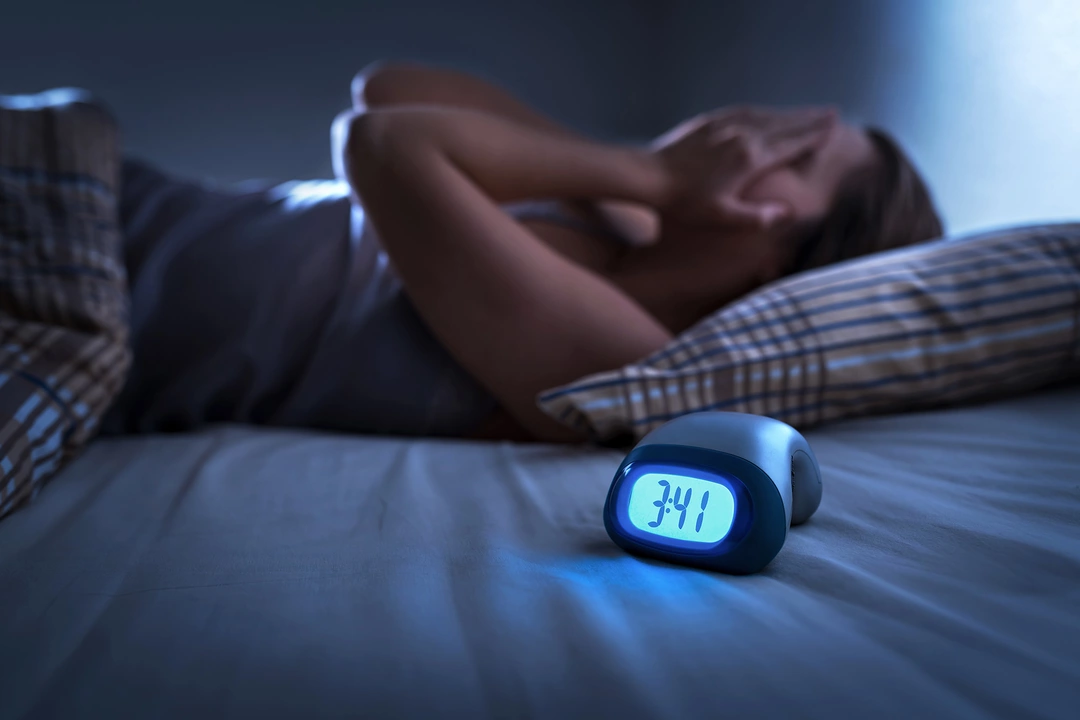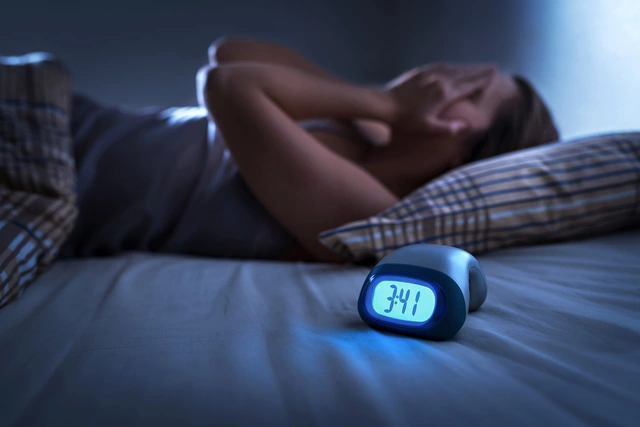Introduction: Sleep Apnea vs. Insomnia
As someone who has experienced sleepless nights, I know firsthand how frustrating it can be to struggle with falling asleep or staying asleep. After doing some research, I've come to understand that there are two prevalent sleep disorders that people commonly confuse: sleep apnea and insomnia. Although they may seem similar, there are important differences between these conditions. In this article, we'll explore the key distinctions, symptoms, causes, and treatments for sleep apnea and insomnia, so you can better understand which one may be affecting your sleep.
Understanding Sleep Apnea: A Breathing Disorder
Sleep apnea is a sleep disorder characterized by pauses in breathing or periods of shallow breathing during sleep. These pauses can last from a few seconds to minutes and may occur 30 or more times per hour. The most common type is obstructive sleep apnea (OSA), which is caused by a blockage of the airway when the soft tissue in the back of the throat collapses during sleep. Central sleep apnea (CSA) is another type, where the brain fails to signal the muscles to breathe due to instability in the respiratory control center.
People with sleep apnea often experience loud snoring, choking or gasping sounds, and excessive daytime sleepiness. They may also have difficulty concentrating, memory problems, and irritability. Sleep apnea can be potentially life-threatening, as it's associated with an increased risk of high blood pressure, heart attack, stroke, and diabetes.
Recognizing Insomnia: A Struggle with Sleep
Insomnia is a common sleep disorder that affects millions of people worldwide. It's characterized by difficulty falling asleep, staying asleep, or waking up too early, despite having the opportunity to sleep. Insomnia can be acute (short-term) or chronic (long-term). Acute insomnia usually lasts for a few days to a few weeks, while chronic insomnia persists for at least three nights per week for three months or longer.
Those suffering from insomnia often feel tired upon waking, experience daytime sleepiness, and have difficulty concentrating or performing tasks. Insomnia can be caused by various factors, such as stress, anxiety, depression, medical conditions, medications, or poor sleep habits. Unlike sleep apnea, insomnia doesn't typically involve breathing difficulties or snoring during sleep.
Identifying the Causes of Sleep Apnea
Several factors can contribute to the development of sleep apnea. The primary cause of obstructive sleep apnea is the collapse of the airway during sleep, which can be influenced by obesity, family history, smoking, alcohol consumption, or nasal congestion. Anatomical factors, such as having a large tongue, small jaw, or enlarged tonsils, can also increase the risk of airway obstruction.
Central sleep apnea is less common and is often associated with other medical conditions, such as heart failure, stroke, or brain damage. Certain medications, like opioid painkillers, can also increase the risk of developing central sleep apnea.
Exploring the Roots of Insomnia
There are numerous factors that can contribute to insomnia, some of which include psychological causes, such as stress, anxiety, or depression. Lifestyle factors, like irregular sleep schedules, lack of physical activity, or excessive caffeine consumption, can also disrupt sleep patterns and lead to insomnia. Medical conditions, such as chronic pain, sleep apnea, or hormonal imbalances, may cause or exacerbate insomnia, as can the use of certain medications or substances.
It's important to identify the root cause of insomnia, as addressing the underlying issue can often lead to an improvement in sleep quality.
Treating Sleep Apnea: Medical Interventions and Lifestyle Changes
The treatment of sleep apnea often involves a combination of medical interventions and lifestyle changes. For those with mild cases of sleep apnea, lifestyle changes, such as losing weight, avoiding alcohol or sedatives, and changing sleep positions, may be sufficient to alleviate symptoms. In more severe cases, medical interventions, like continuous positive airway pressure (CPAP) therapy, oral appliances, or surgery, may be necessary to keep the airway open during sleep.
It's crucial to seek professional help if you suspect you have sleep apnea, as untreated sleep apnea can lead to serious health complications.
Overcoming Insomnia: Behavioral Therapies and Medications
Treating insomnia often involves addressing the underlying causes and implementing behavioral changes to improve sleep habits. Cognitive-behavioral therapy for insomnia (CBT-I) is a proven and effective treatment that helps individuals identify and modify thoughts and behaviors that contribute to sleep problems. Relaxation techniques, like progressive muscle relaxation or deep breathing exercises, can also help calm the mind and promote sleep.
In some cases, prescription medications or over-the-counter sleep aids may be recommended for short-term use. However, it's important to use these medications under the guidance of a healthcare professional, as they can have side effects and may not be suitable for everyone.






Post A Comment